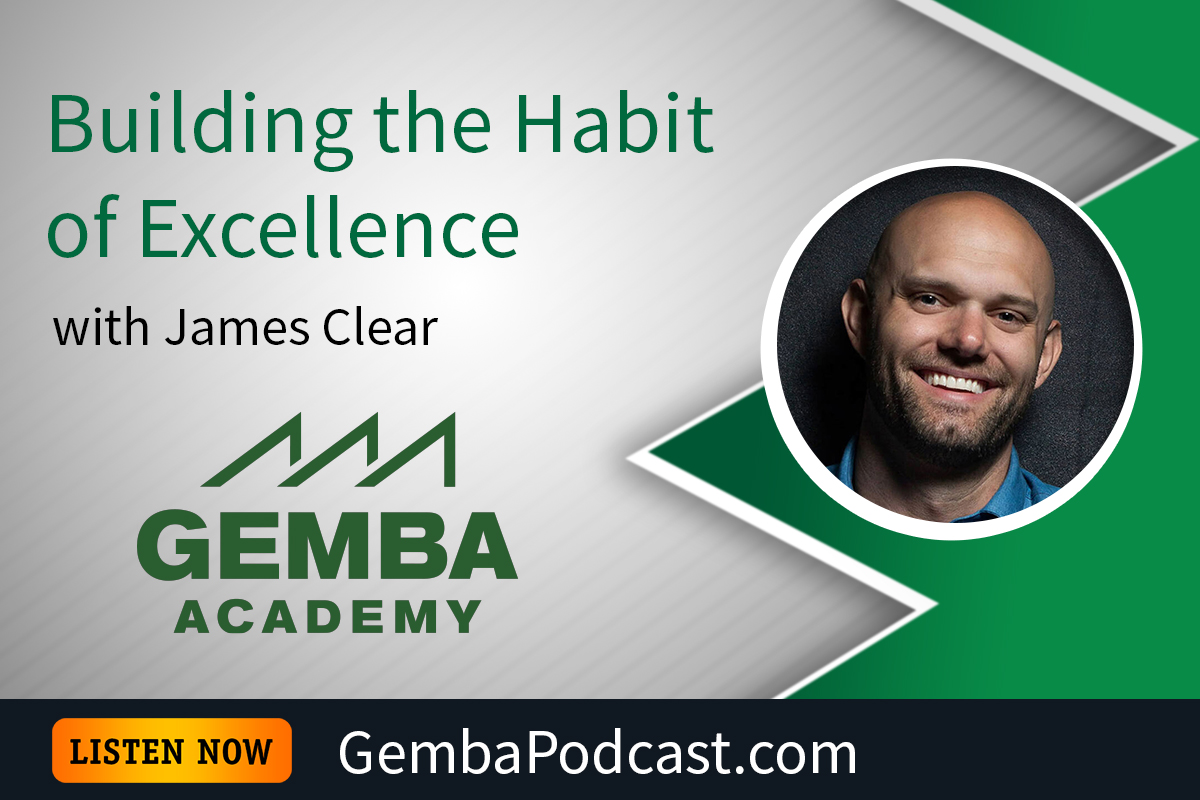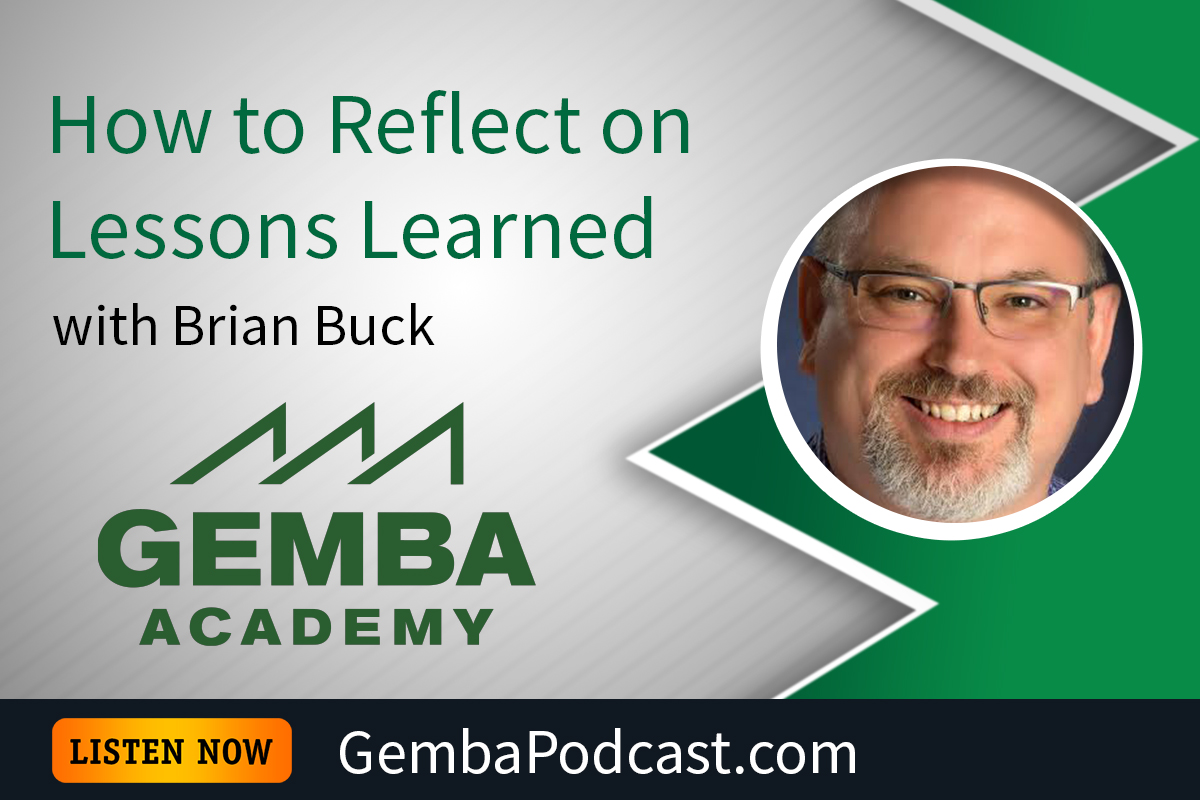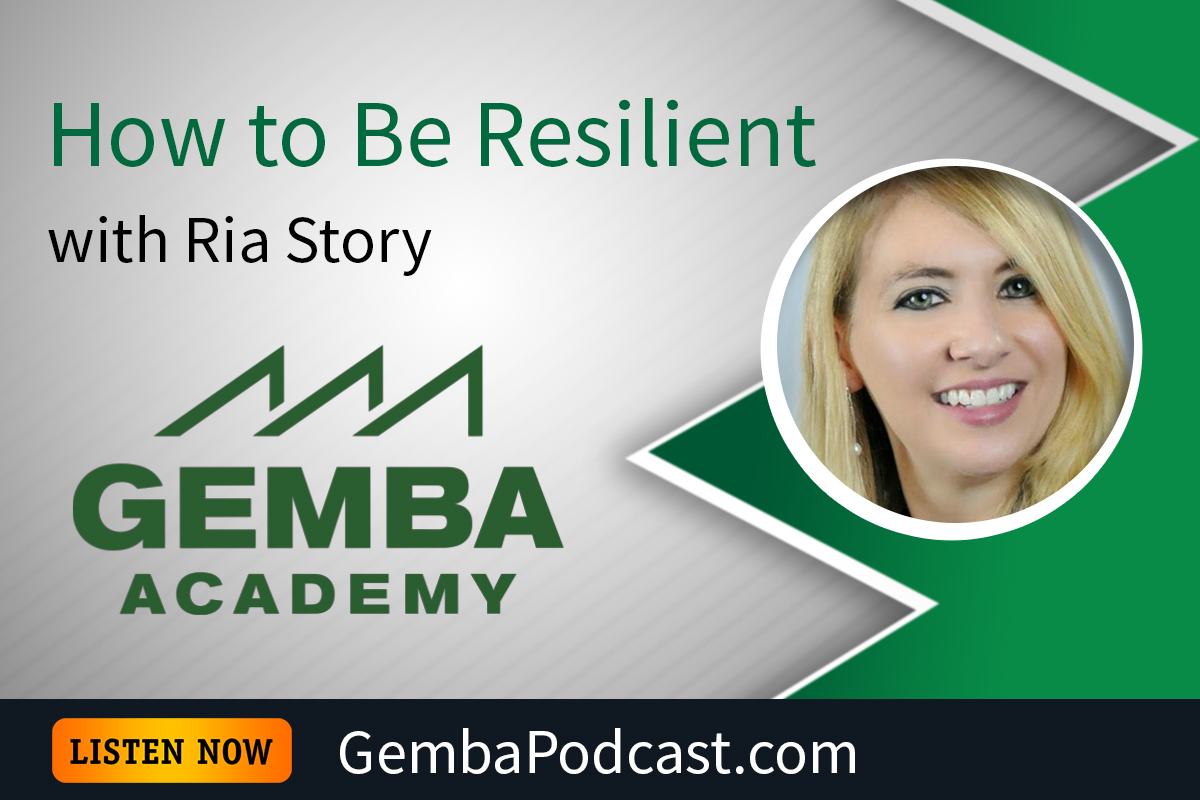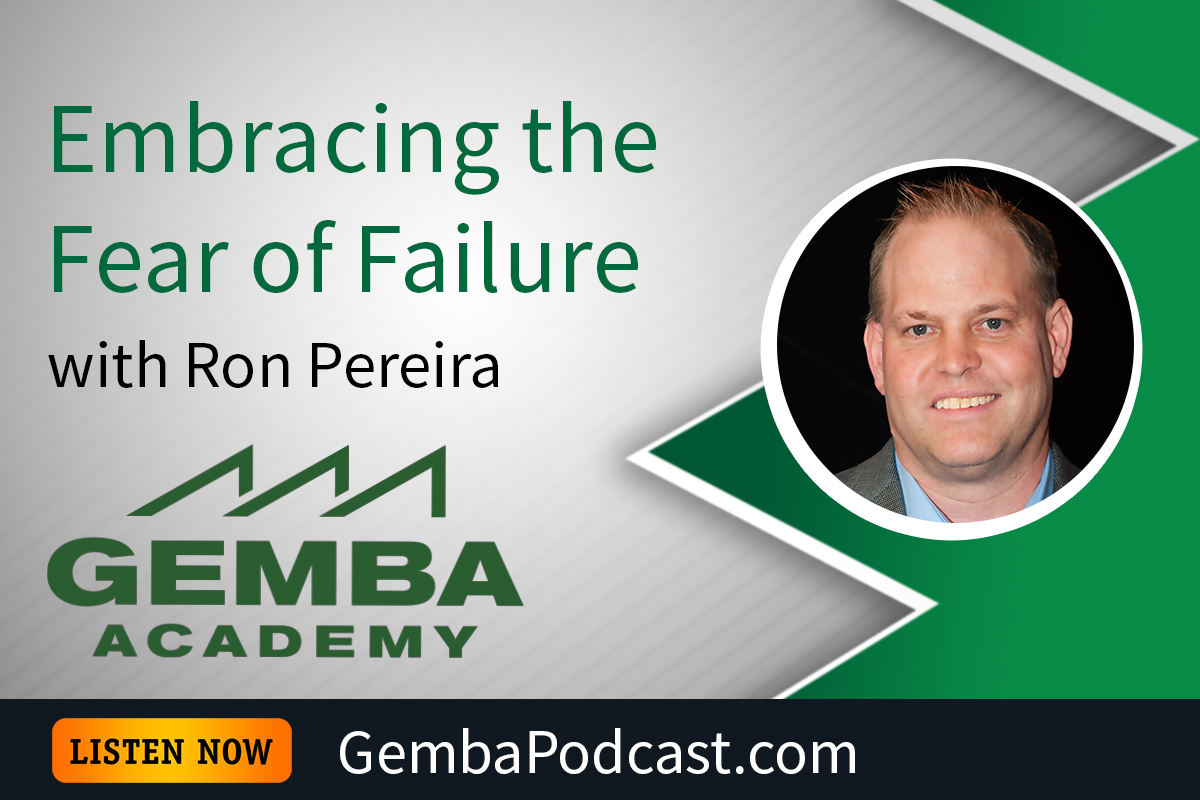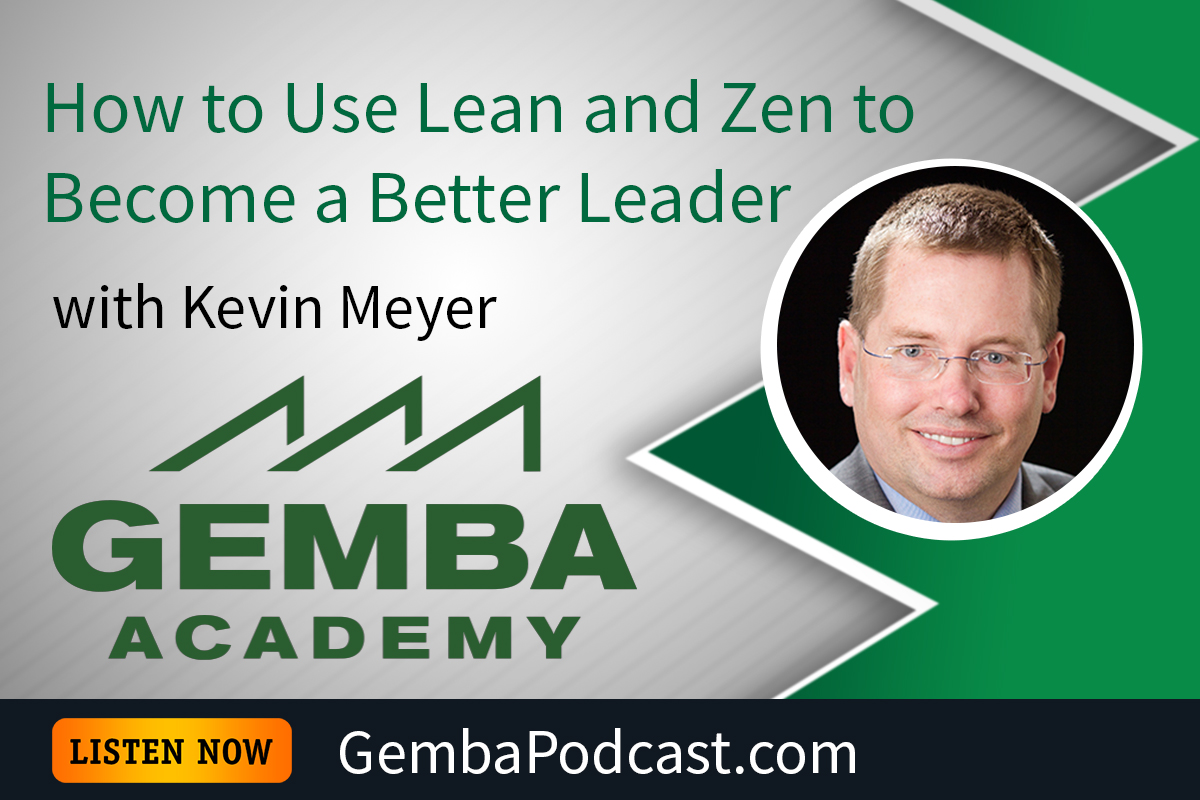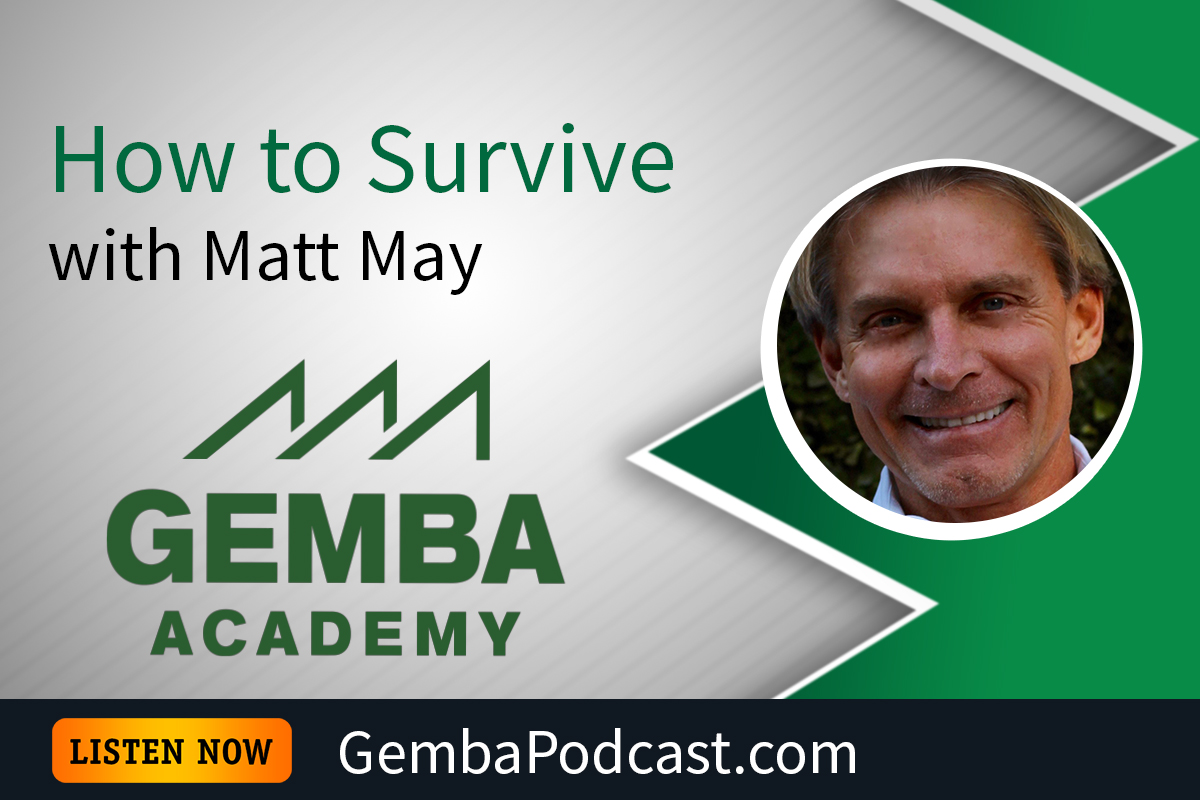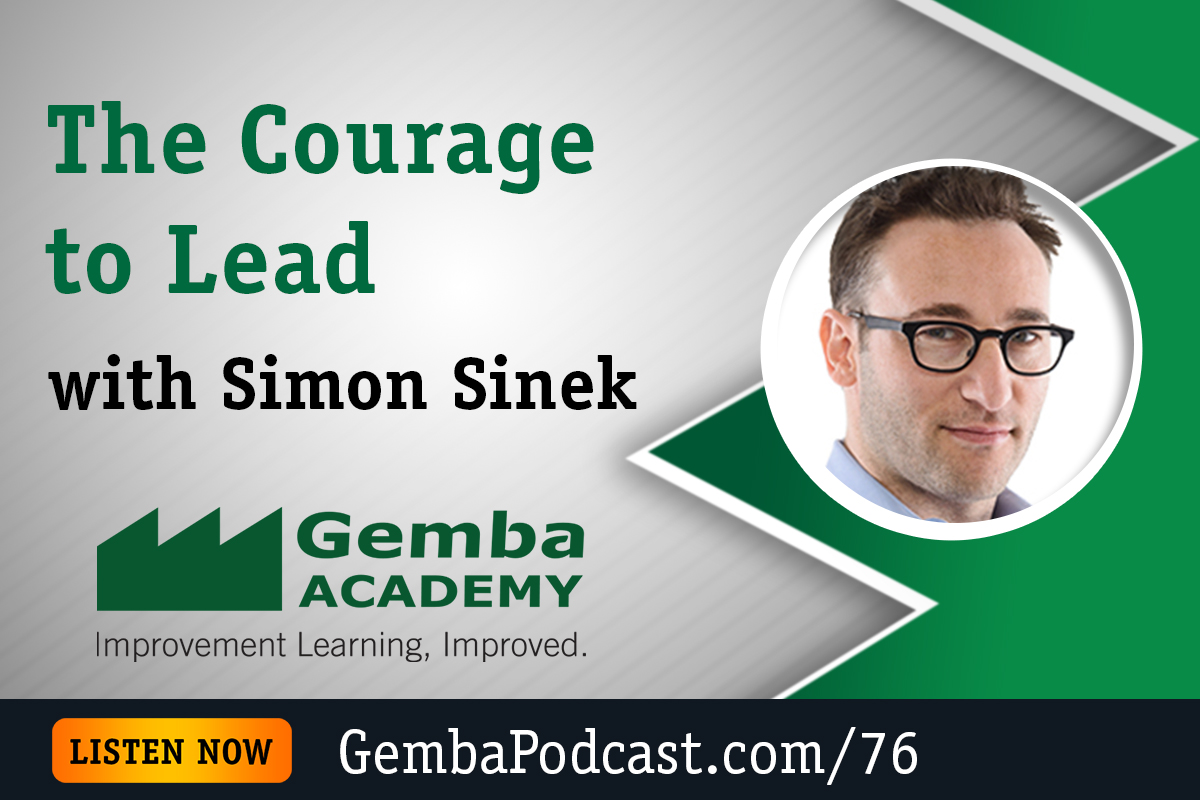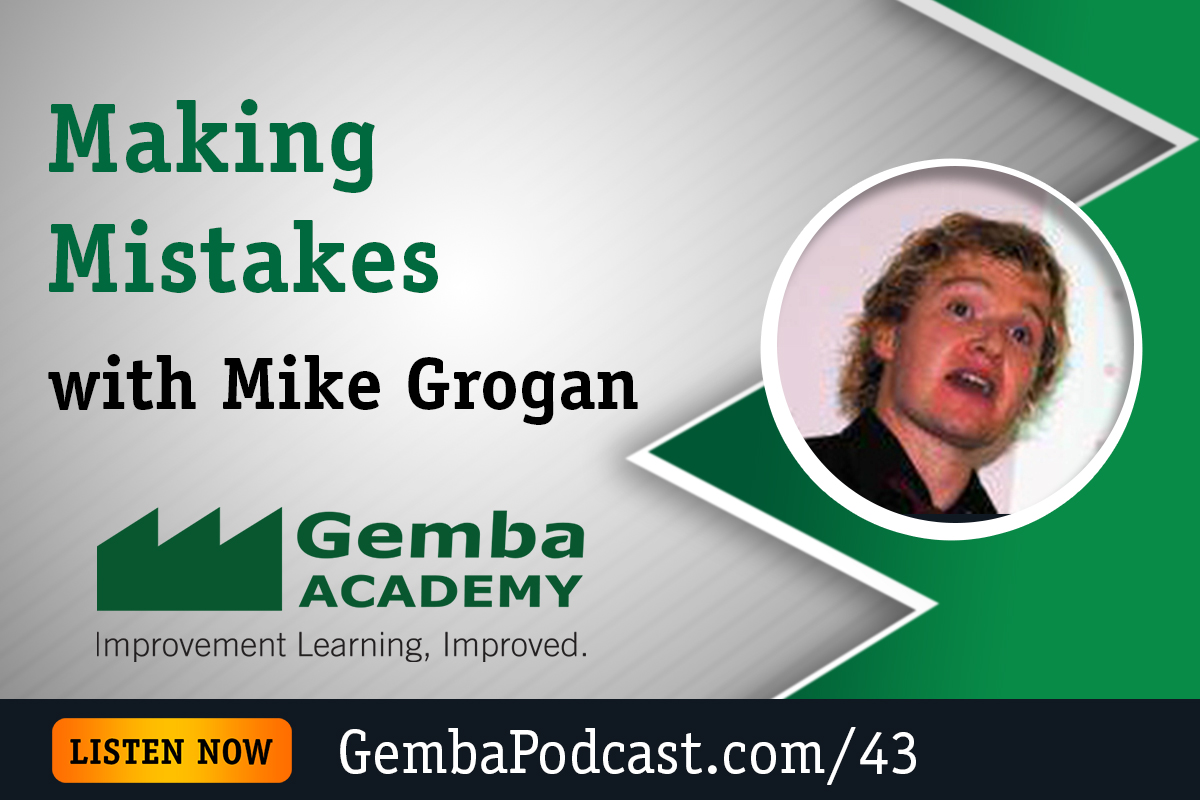Personal Lean Leadership

Lean, and continuous improvement in general, isn’t just for the professional world. The tools can also be used to clean your garage (5S), organize your pantry (kanban), set direction (hoshin), or reduce the time it takes to make toast in the morning (seven wastes). But, just as in organizational environments, lean applied to yourself is far more than just a set of tools and potentially far more impactful than simply cleaning the garage.
This new Personal Lean Leadership Resource Page can help guide you on applying lean to leading yourself. Below you will find several videos, podcasts, blog posts, and books to further support your journey.

Start with Why
Many of us want to lose ten pounds, have more free time to spend with friends and family, and have a garage that has room for at least one car. But why? We need to take a step back and understand why those goals are important, and when we do so we may realize that the superficial goal, or metric, doesn’t reflect and align with what we really want to accomplish.
Understanding the Why requires some intentional reflection. Intentional because effective reflection is a process itself, with preparation of questions, environment, and desired outcomes. Many people schedule a few days at regular intervals to be alone, without distraction, just to reflect. Many of us enjoy daily walks to reinforce the reflection, either alone or with a significant other.
What principles are important to you? What are you happy with, physically, mentally, socially, and professionally, and what would you like to improve? Why? Be honest with yourself - and forgiving. Allow yourself to be vulnerable and authentic. You can’t change the past, though you can learn from it. Just commit to moving forward and improving.
Now rethink your original goals. Is it really to “lose ten pounds”? Or is it to “remain physically fit into old age in order to enjoy family and travel”? Is it really to “clean the garage” or to “remove non-value-adding items to allow for a smaller future retirement home”? That perspective will change what you do to achieve the goal, and how you measure it.
Keep a journal of your thoughts, ideas, and progress. Writing is a powerful component of thinking and reflection.
Define the Desired Long-Term Future State
Earlier while reflecting on the “why” you took a deeper look at long-term goals. Now take some time to really define what this looks like. What does the future state look like in terms of yourself, your relationships, and professionally? The more you can define exactly what this looks like, the easier it will be to make changes to improve toward it. Write this down.
Kata
With the ultimate direction and long-term future state defined we can now use the kata improvement process to run experiments that iterate toward that state.
- What is the target condition?
- What is the current condition?
- What obstacles are preventing you from reaching the target condition, and which will you address now?
- What experiment will you run to take the next step? What do you expect will happen? What lean and continuous improvement tools can be used with the experiment?
- How quickly can we see what happened from that experiment?
Reflect on what happened versus what you expected to happen. What was the difference and what caused it? What will your next experiment be? This reflection creates learning. Continue to run kata experiments to move toward the target condition while learning more about yourself.
Keep notes in your journal on your experiments and reflection. Or even consider using your own personal A3.
Videos
Podcasts
For more great Gemba Academy podcasts, visit gembapodcast.com
Blog Posts
- Harnessing Deliberate Reflection to Create Personal Improvement
- Using Solitude and Silence to Enable Personal Reflection
- Back to the Beginning with Ohno, Suzuki, and Yoda
- The Other Flow of Csíkszentmihályi
- Improvement Through Personal Fulfillment
- The Liberating Lessons of Less
- Three Ways to Increase Personal Productivity Through 5S
- Preparing for Reflection
- A Time to Read and Reflect






